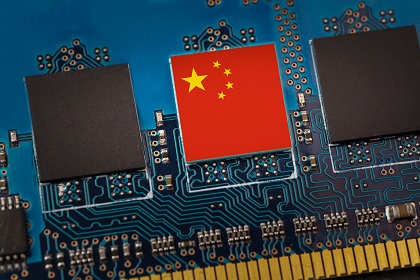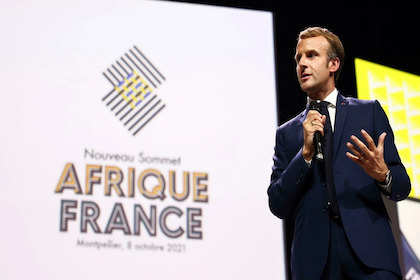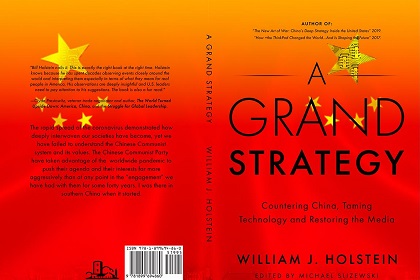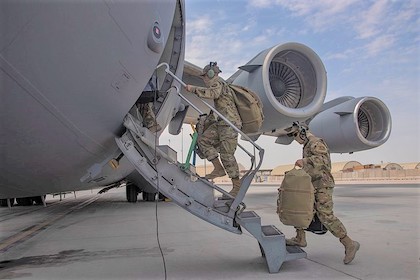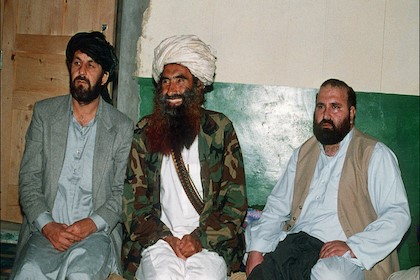Countering China’s grand tech strategy
In 'A Grand Strategy: Countering China, Taming Technology, and Restoring the Media', a new book on China's technological ambitions, author William J. Holstein explains China's push to advance its technological prowess, exploring the link between technology, politics and economics in today's world. In this podcast, he tells us more about this connection, which has often been overlooked by the American media.

